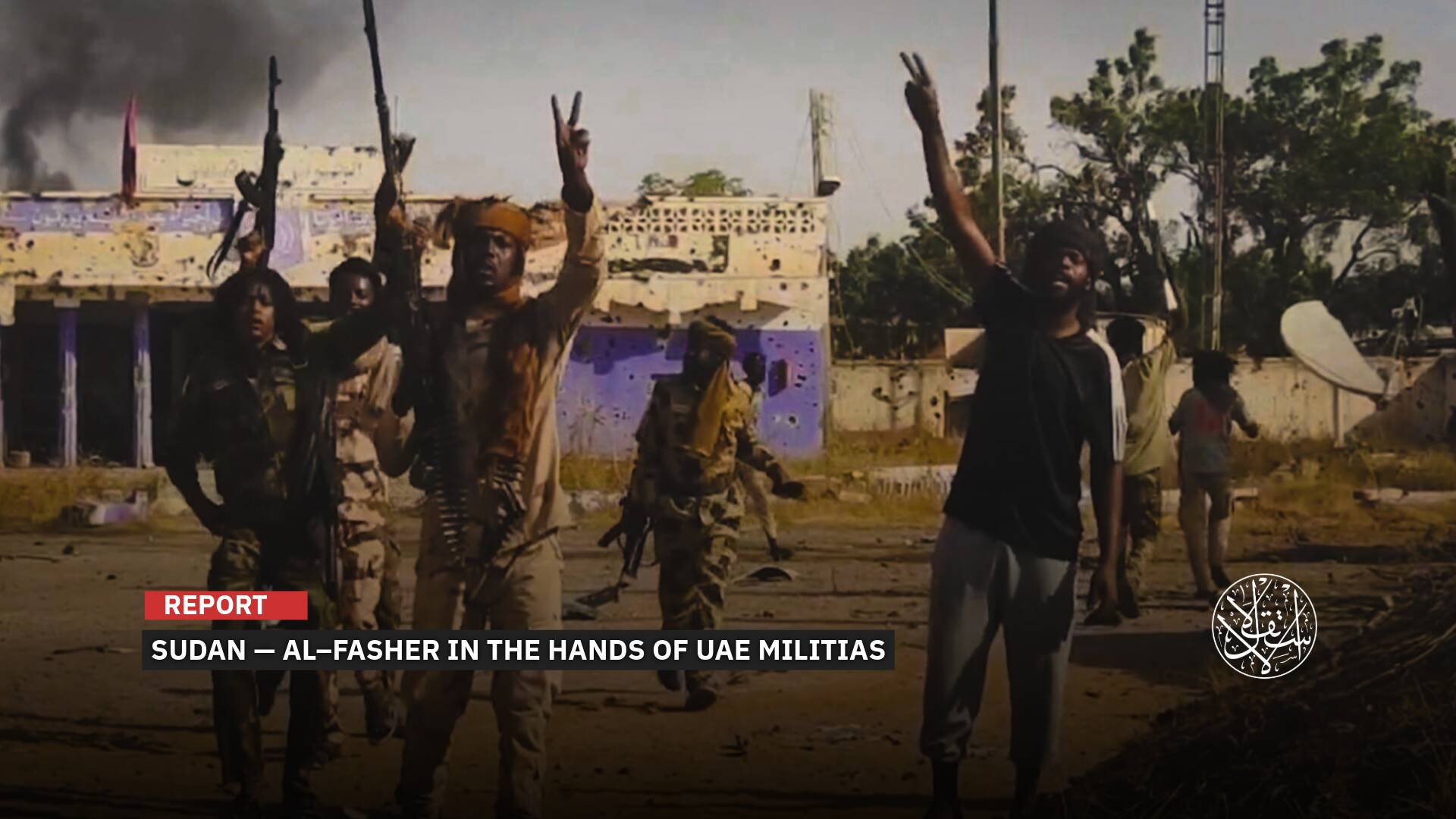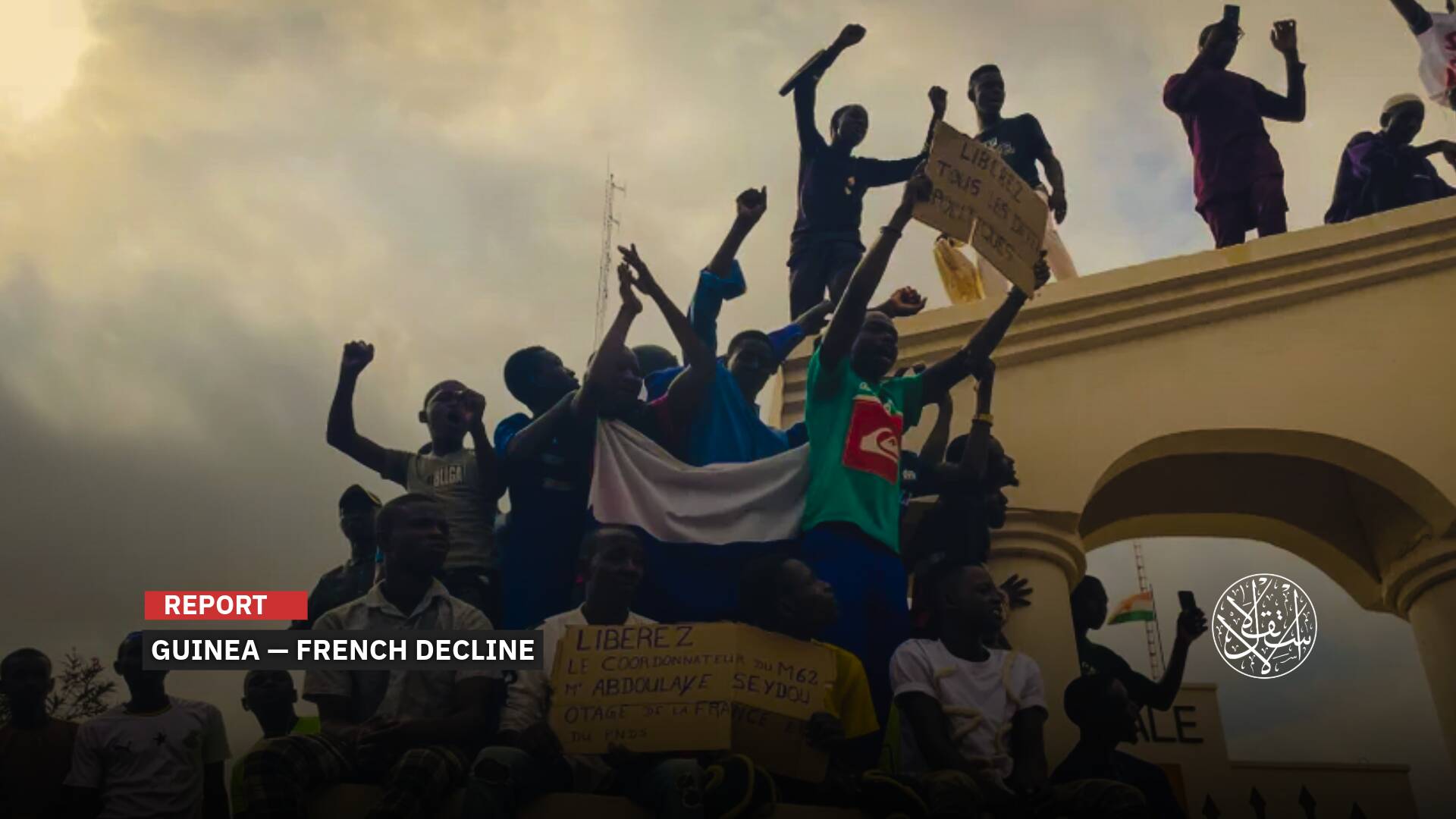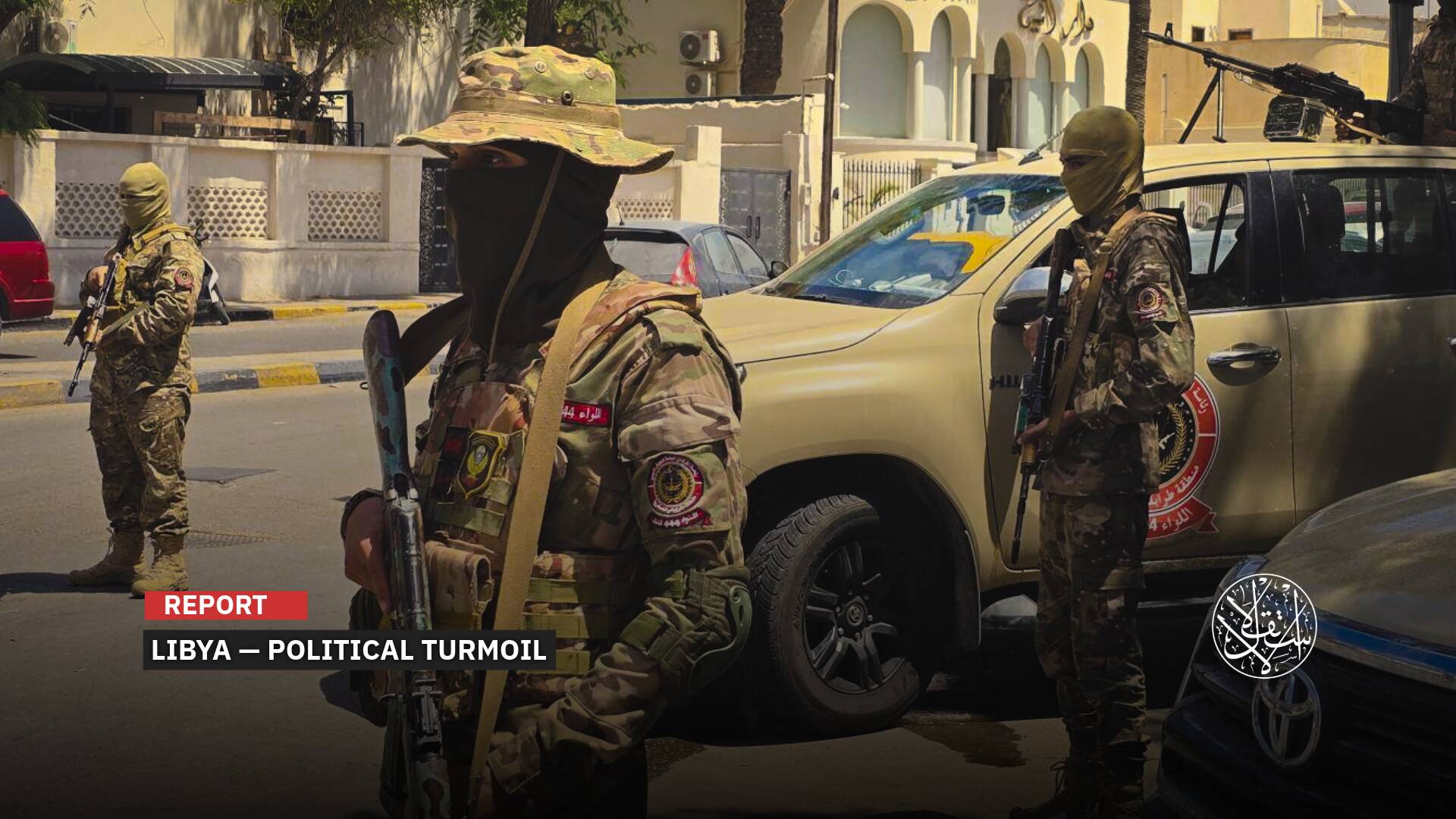A 30-Year-Old Egyptian Village Demolished in 72 Hours — What Really Happened to the Residents of al-Firdous?

Arbitrary forced displacement of citizens is considered a crime in the Egyptian Constitution.
In a scene all too familiar across Egypt in recent years, residents of al-Fardous village, located west of Port Said governorate, were taken by surprise on the morning of May 6, 2025 by a large-scale security operation.
Armored vehicles and central security forces from the Port Said, Suez, and Ismailia directorates participated in the raid.
According to local witnesses, the security forces were accompanied by groups of thugs and demolition equipment, including bulldozers and excavators, which began destroying buildings and facilities across the village without any prior warning, all under the protection of the armed forces.
Despite desperate pleas from the villagers and intervention by members of parliament, the state granted them only a token 72-hour eviction notice, announced by Port Said’s security chief and operation commander, Major General Tamer el-Samry.
The demolition began the very next day, blatantly disregarding any attempts at negotiation or compensation.
Preliminary Questions
Far from being just a holiday village built three decades ago for members of professional syndicates, al-Fardous evolved into a vibrant community home to thousands of residents who found in it their only refuge in a city increasingly strained by chronic housing shortages.
Although the land ownership dispute remains before the courts, and previous rulings have partially upheld residents’ rights, the recent enforcement decisions have effectively shattered any legal recourse, imposing a harsh reality through armed force and shutting down any chance of justice.
The residents’ contracts, the millions they paid, and even the court rulings they secured offered no protection against a broader investment plan reshaping Western Port Said to serve the interests of major tourism and urban development projects.
This story is all too familiar, repeating itself across multiple areas—from Maspero Triangle to Warraq Island and Fustat, among others.
Urban development has become a convenient cover for erasing long-standing social communities, justified by vague claims of progress and modernization, even as safeguards for justice and the right to housing erode under the weight of executive decrees.
The tragedy of al-Fardous raises troubling questions: How does a legitimate civil dispute turn into a forced eviction under the protection of security forces? Why are citizens’ homes demolished before the courts have delivered a final verdict? And who protects ordinary residents when the state acts as both judge and adversary in property conflicts?
Al-Fardous spans an area of 130,800 square metres at kilometre 9 on the Port Said-Damietta road, comprising 1,067 chalets and 56 villas.
Around 3,000 residents live there permanently, alongside an additional 4,000 who spend the summer season in the village.
Despite this sizable population, three owners, the head of the residents’ union Hosni Ghaloush, and the union’s legal advisor Hani al Gebaly told local newspapers and websites that the demolition campaign was carried out without any prior eviction notice or formal warning.
Before the demolitions began, the Port Said governorate cut off electricity and water supplies to the village.
The resulting blackout left the area vulnerable to a series of nighttime thefts, captured in photographs and videos shared widely on social media, showing thieves looting furniture and belongings from the destroyed chalets.
The idea of establishing the village of al-Fardous dates back to 1990, when engineer Hossam el-Hadidy founded it as a holiday resort for members of professional syndicates and employees of various bodies and companies in Port Said.
At the time, the former governor of Port Said, Major General Sami Khudair, granted the land under an indefinite usufruct right.

Origins of the Conflict
However, a dispute over land ownership emerged early on, as the owners’ union delayed payments from the early 1990s.
In 1994, the governorate issued preliminary sales contracts to the owners without specifying a fixed term, and the al-Fardous Owners’ Association was established.
By 2003, the conflict escalated with the former governor Mustapha Kamel, who formed a committee to reassess the dues and re-evaluate the land’s price.
In May 2019, the owners’ union paid 35 million Egyptian pounds as a settlement deposit, but in 2020, the Administrative Court ruled that the governorate was only entitled to 25.6 million pounds. Despite this, the union never recovered the excess amount paid.
Subsequently, former Port Said Governor Adel al-Ghadban issued two decrees in 2020 and 2021 transferring the village’s jurisdiction to the Port Said Free Zone, a move residents legally challenged.
In February 2023, the Port Said Primary Court annulled the governorate’s decision, ruling that the relationship with the residents was that of “lessor and lessee,” not subject to administrative law.
However, the legal dispute reignited in March 2025 when the governorate requested the Suez Canal Authority to hand over the units, prompting the owners’ union to file a new lawsuit on April 5, 2025, against Port Said Governor Major General Mohab Habashy and Prime Minister Mostafa Madbouly, demanding the continuation of their usufruct rights.
The first hearing in the case took place on May 4, 2025, with the court adjourning the proceedings until 26 May to review the submitted documents.
Politically, members of parliament sought to intervene to halt the evictions or at least secure fair compensation for the residents.
MP Ahmed Fargaly stated that the residents had received no legal notice of eviction and insisted that while the government considers the usufruct rights expired, the residents continue to challenge this claim in court.

Reasons for Eviction
The eviction of al-Fardous village, following that of the nearby Gamiel district, forms part of a broader government plan to redevelop the area and open it up for investment, aiming to reap substantial financial returns from the value of prime land and locations.
On November 7, 2019, the head of the regime Abdel Fattah el-Sisi issued Republican Decree No. 550 of 2019, reallocating 3,075 feddans west of Port Said to the New Urban Communities Authority.
Subsequently, former Housing Minister Assem el Gazzar issued a decree in 2023 approving the strategic plan for the area.
Then, in January 2025, Prime Minister Mostafa Madbouly issued another order (No. 277 of 2025) paving the way for the commencement of eviction operations and the redevelopment of the zone surrounding el Firdous village.
At the time, major tourism and investment projects began to emerge, such as the Porto Said for Mansour Amer, a business venture worth 3 billion Egyptian pounds ($598,000), located just 12 kilometres from the village, and the Compound Tower Bay tourism project, with investments totalling 5 billion pounds, situated 13.5 kilometres away.
Legal advisor and cassation lawyer Karim al-Yakoubi contends that evicting residents before a final court ruling constitutes a clear violation of both the Egyptian constitution and civil law.
He explained to Al-Estiklal that “Article 63 of the constitution explicitly prohibits arbitrary and forced displacement of citizens in all its forms, and any violation constitutes a crime that does not lapse with time.”
“Article 18 of the Egyptian civil code, which affirms that contractual relationships cannot be unilaterally altered or terminated by an administrative authority, so long as they exist between natural or legal parties,” he said.
This clearly applies to the residents of al-Fardous, who hold valid usufruct and preliminary sale contracts with the governorate.
Al-Yakoubi stressed that “what happened in al-Fardous is not an isolated incident, but part of a recurring pattern of forced displacement faced by residents of other areas in recent years, often under the guise of urban development or security concerns.”
He cited, for example, the large population of Sayyida Zaynab who suffered a similar fate, as well as the forced eviction of residents from Ras al-Hikma to make way for major investment projects carried out by foreign entities.
He also spoke about the prolonged clashes on Warraq Island between residents and security forces, as authorities sought to forcibly evict the community over several years. Residents of al-Birka district, Airport Street in Imbaba, Tersa Street, and Khatem el-Morsaleen Street have similarly faced displacement attempts justified by road expansion projects.
Moreover, communities around the Ring Road have endured home demolitions without fair compensation, while areas like Nazlet el-Samman and Teraet al-Zomor have been subjected to repeated demolition campaigns.
In Alexandria, similar cases of forced displacement have been reported in Ezbet el-Sayed, while the tragedy has unfolded even more harshly for residents of Rafah and Sheikh Zuweid in Sinai, who were forcibly evicted from their villages under the pretext of security operations, the Egyptian lawyer explained.
“What is happening represents a blatant violation of citizens’ constitutional rights in the name of development.”
“Evictions carried out without awaiting final court rulings and without fair compensation constitute a clear breach of both Egyptian law and the international treaties to which Cairo is a signatory,” he concluded.
Sources
- Owned for 25 years... Observers: Expropriation of chalets in El-Fardous Village in Port Said is fraud and corruption [Arabic]
- El-Fardous Village Board of Directors refuses to implement the Port Said governor’s decision [Arabic]
- After 40 years of usufruct rights | “Redevelopment” affects Al-Gamil District in Port Said... “Demolitions without compensation” [Arabic]
- Port Said governor issues decision to form a committee to manage and operate el-Fardous Village [Arabic]










